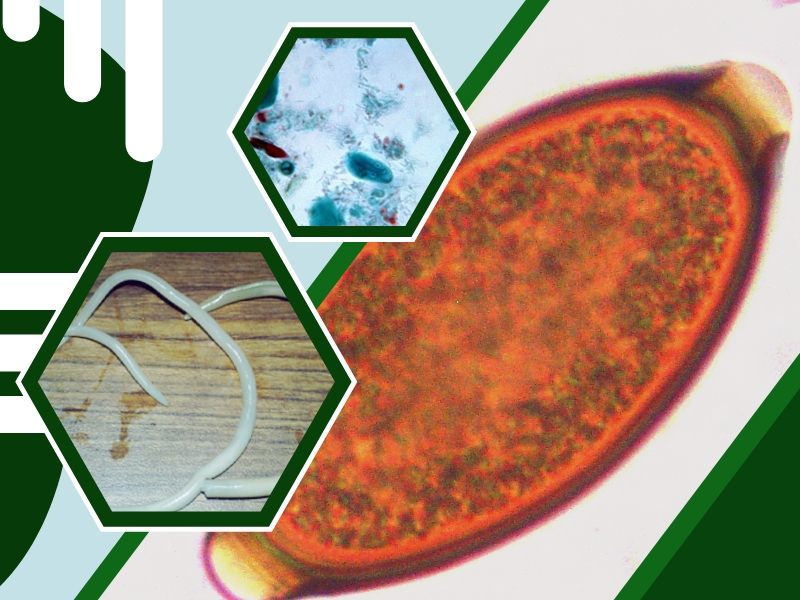Whipworm Infection

Whipworm infection is an infection of the large intestine. This infection also known as trichuriasis develops after ingesting water or dirt contaminated with feces containing whipworm parasites. Anyone who has come into contact with contaminated feces can also contract a whipworm infection.
The infection most often occurs in children. It is also more common in people who live in regions with hot, humid climates and areas with poor hygiene and sanitation.

Symptoms of Whipworm Infection
The symptoms of Whipworm Infection can range from mild to severe. They may include:
- Sudden and unexpected weight loss
- Headaches
- Vomiting
- Nausea
- Abdominal pain
- Painful or frequent defecation
- Bloody diarrhea
- Fecal incontinence, or the inability to control defecation
Causes of Whipworm Infection
Whipworm Infection is commonly caused by Trichuris trichiura. It is a parasite that is shaped like a whip that has a thick section on one end that resembles the whip handle and a narrow section on the other end that looks like a whip.
People often get this infection after consuming dirt or water contaminated with feces that has whipworm parasites or their eggs. The eggs of whipworms can get into the soil when contaminated feces are used in fertilizers. You can also get the infection when an infected person or animal defecates outside.
Someone might unknowingly consume the whipworm parasites or their eggs when they:
- Eat fruits or vegetables that haven’t been thoroughly cooked, washed, or peeled
- Touch the dirt and then put their hands or fingers in or near their mouth

Risk Factors for Whipworm Infection
Whipworm Infection occurs in anyone. Conversely, people may be more likely to contract this infection if they:
- Live in an area with poor sanitation and hygiene practices
- Live in a region with a hot, humid climate
- Eat raw vegetables that are grown in soil fertilized with manure
- Work in an industry where they come into contact with soil that contains manure
- Children also are at high risk of getting the infection as they often play outdoors and might not wash their hands carefully before eating.
Diagnosis for Whipworm Infection
A stool test is usually the initial test that doctors mostly recommend. You may need to give a sample of your feces to a lab for testing. The stool test can determine whether there are whipworms or whipworm eggs in your intestines and feces. Make sure to wash your hands thoroughly after the test.
For infants, the diaper can be lined with plastic wrap to collect the sample. The sample will be sent to a lab, where it will be analyzed under a microscope for the presence of whipworms and their eggs.
Treatment for Whipworm Infection
Whipworm Infection’s most common and effective treatment is an antiparasitic medication:
This medicine belongs to the anthelmintic group of drugs that improves the patient’s condition by killing the parasite.



